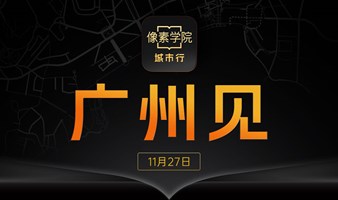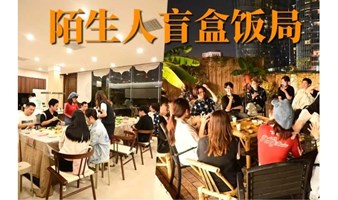

漫步外滩以北,最美滨江步道!都市徒步部落:浦江东岸+北外滩线 Riverfront Meetup City Walk
Hide
Event DetailsHide...
历史和未来在浦江两岸相遇!
都市徒步部落:海纳百川,时空穿越,浦江东岸+北外滩线 Meetup City Walk
集合时间:报名后领队通知具体集合时间
集合地点:报名后领队通知具体集合地点
人数上限:15人
报名费用:免费
领队微信:hawk_cn
行程速览: 行程约5公里,需要3小时 总线路: -东方明珠游船码头---浦江东岸滨水步道---1862船厂---杨浦自来水博物馆----魔都矩阵- 北外滩航运中心--国际客运中心地铁站12号线-浦江夕阳轮渡

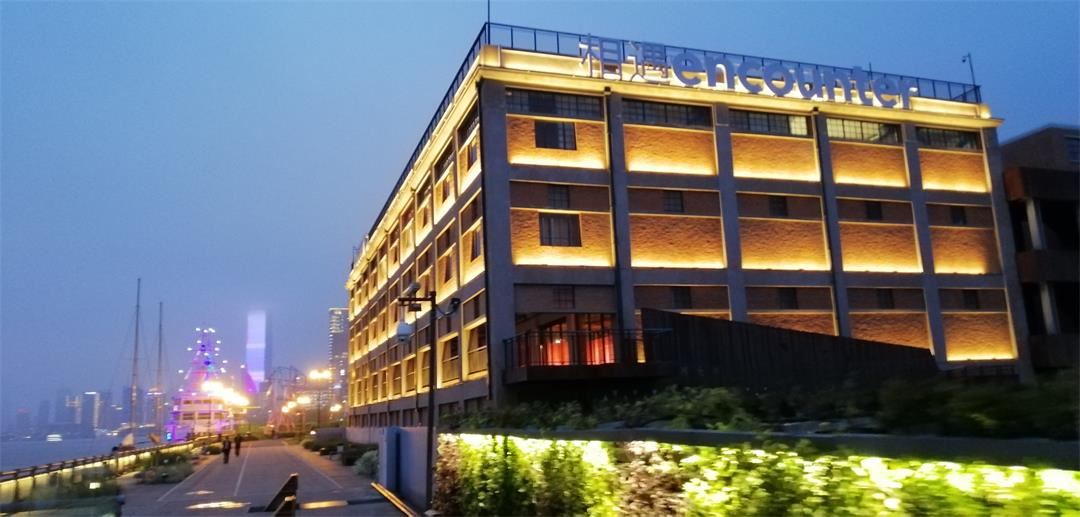
Meeting time:to be informed by tour leader after RSVP
Meeting point: to be informed by tour leader after RSVP
Cost: free to participate
Tour leader wechat ID: hawk_cn
Social distancing and masks required.
Limited to 15 participants.
Highlights of the walking: East bank waterwalks- Mingsheng Pier art space- 1862 Shipyard- Qinghuangdao Wharf- Yangshupu waterworks- Green hill--Sunset River ferry- Cycling on riverside lane
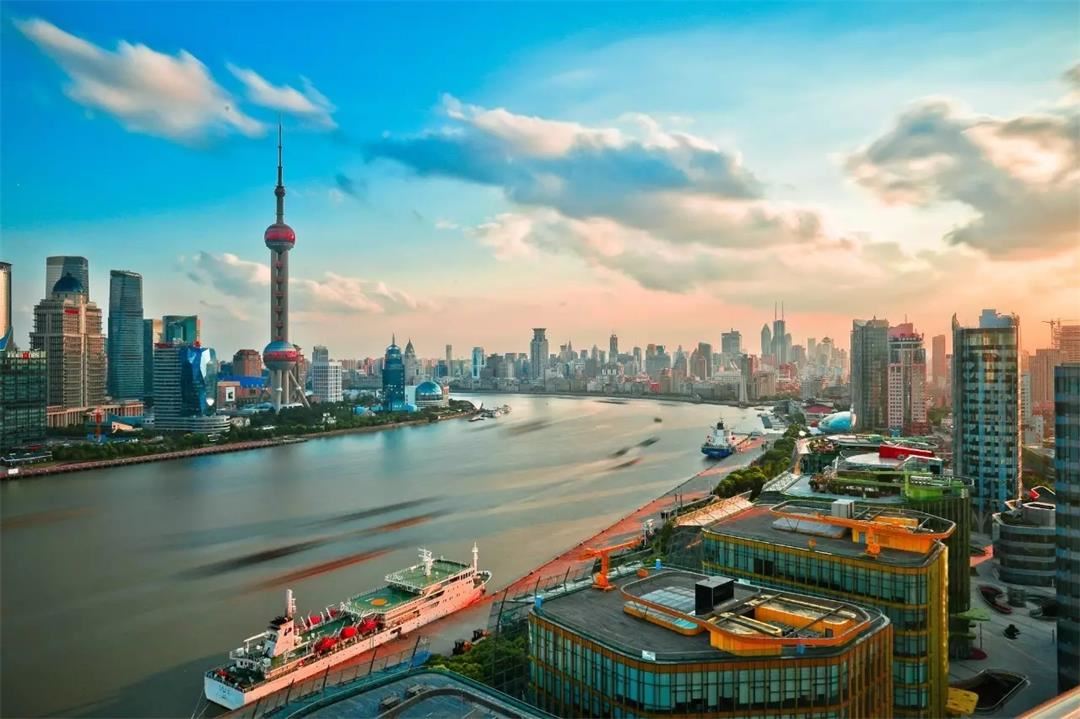
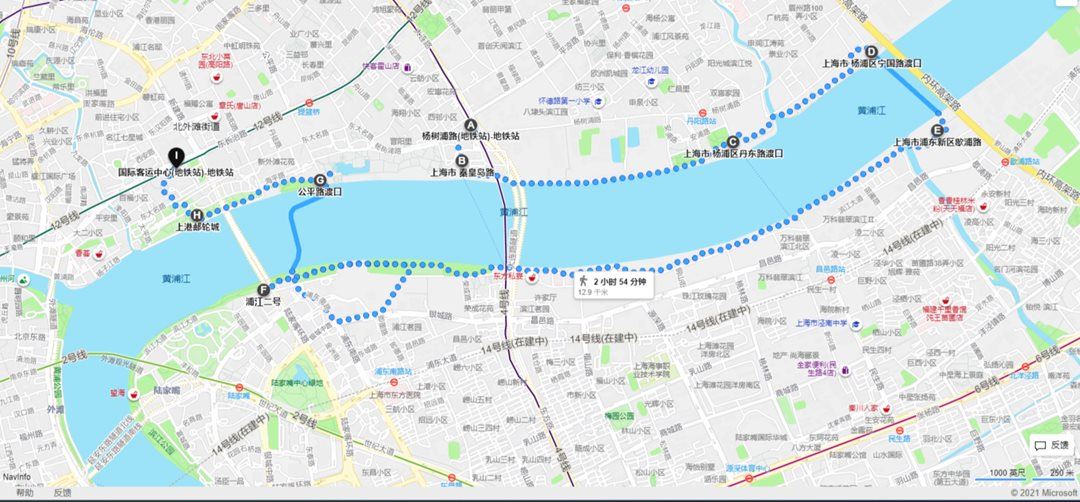
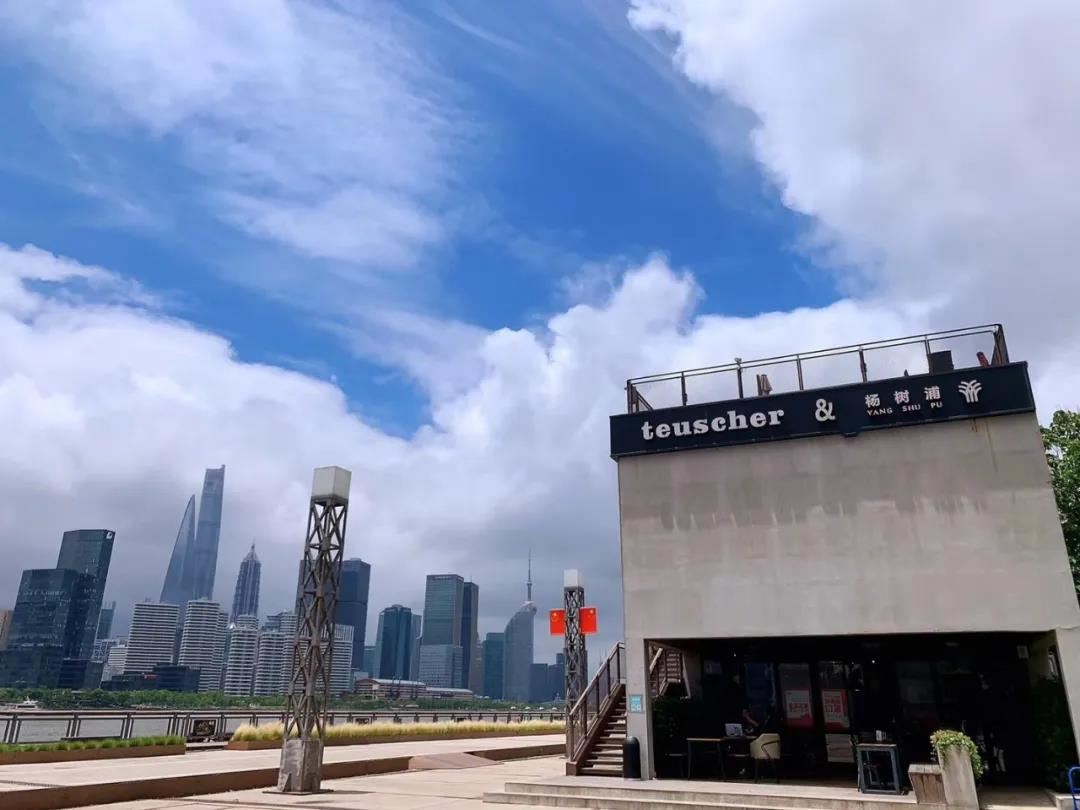 杨浦滨江竟隐藏着颜值与内涵并存的咖啡厅,这里曾是上海船厂一间老厂房,一楼有一台历史悠久的发电机,结合工业风的建筑设计,传统与时尚相碰撞,造就了杨浦滨江又一个“打卡”新去处~瞭望杨浦滨江的靓丽风景线,吹着江风,喝着咖啡,别提多惬意了。
杨浦滨江竟隐藏着颜值与内涵并存的咖啡厅,这里曾是上海船厂一间老厂房,一楼有一台历史悠久的发电机,结合工业风的建筑设计,传统与时尚相碰撞,造就了杨浦滨江又一个“打卡”新去处~瞭望杨浦滨江的靓丽风景线,吹着江风,喝着咖啡,别提多惬意了。
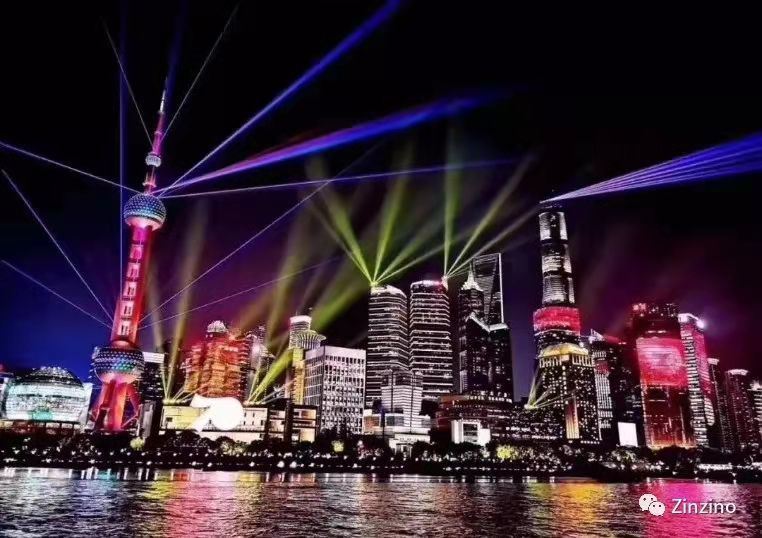
City Walk是一种沉浸式体验,用脚步丈量城市,探寻城市记忆,触摸历史,感受文化。城市徒步概念最早来自英国伦敦,有人叫它城市探索,也有人叫它城市漫游。城市徒步活动(City Walk)的兴起源于Travel as a local(像当地人一样地旅行)理念的盛行,通过徒步这一种活动方式,能够帮助参与者重新理解城市的空间与建筑,用行走来品味城市特色和文化,沿着城市记忆的足迹,探寻城市记忆的故事,关注当地的人文和生活方式,鲜活地感受到一座城市的生命。City walk路线原则上避开喧闹的旅游景点,用脚步去丈量城市,帮助我们重新理解城市的空间和格局。让旅行在城市中延伸。
This meetup will feature walking tours from East Bank of Huangpu river to Noth Bund and Yangpu Riverfront section on the west side of the river by ferry. Roughly 6km walking of 3 hours.
我们一起漫步浦江活力水岸,领略一江一河的旖旎风光,认识15位新朋友,感受浦东浦江两岸百年年传奇风云。
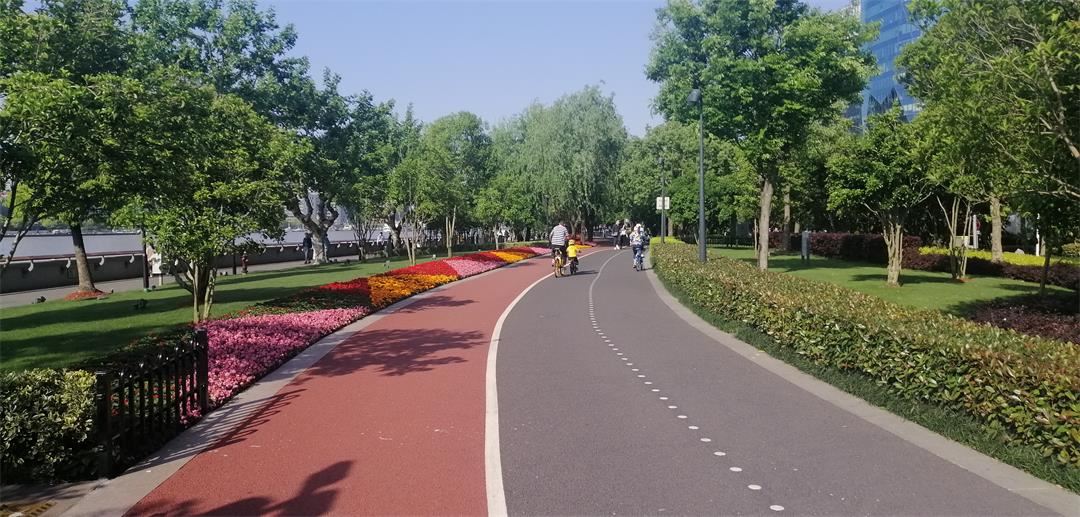
水滋养生命,是万物的本源,是宇宙本质的化身。中国古代将城市的水系称为“龙脉”,称之为充满能量的“气”,中国古代的风水以水为第一要素。“风水之法,得水为上。丰沛的水系,孕育了申江之城的诞生。上海拥有着一江一河的“豪华配置”——黄浦江与苏州河。
“智者乐水”,上海之所以能成为全球城市也得益于这种自然环境。得自然之理,水构成了充满生命和活力的城市空间核心。上海在历史上因水而兴,上海位于水网地带,自明代以来,黄浦江水系繁盛,成为上海的水上大动脉,在1990年浦东开发开放后,也成为上海城市空间的核心。城市经历了从工业社会向后工业社会转型的过程,黄浦江滨江带也经历了从工业岸线向公共开放空间的转型。这个转型是城市产业发展和城市空间品质提升的必经之路,与许多国际化大都市的城市空间转型基本上是同步的。
规划将黄浦江两岸共约22平方公里的范围中原有的工厂、仓库、码头等转变为公共开放空间。长远规划控制河道长度42.5公里,规划控制面积约74平方公里,上海的城市空间发展进入新的时代。
2016年浦东新区启动了黄浦江东岸公共空间贯通规划设计概念方案国际征集,来自荷兰、法国、美国、澳大利亚的规划和景观设计事务所提交了方案,上海市城市规划设计研究院同时也在进行滨江带规划的深化。浦东滨江带的贯通思想推动了黄浦江两岸45公里滨江带的贯通,使黄浦江两岸的空间得到缝合,也将使黄浦江滨江带的城市空间成为世界级滨水空间的理想得以实现。
作为黄浦江两岸滨水空间的重要组成部分,全长22公里的东岸滨江带公共空间的贯通开放,将是2000年以来黄浦江两岸公共开放空间规划的延续和深化,将浦东重要的金融区、商务区、住宅区和文化设施,以及绿化、广场、码头、轮渡站串接起来,东岸的贯通和建设规划融环境和景观、公共空间、公共活动、休闲、慢行交通和防洪为一体,规划作为地标的灯塔更是神来之笔,既具有整体性,又使各个区段具有各自的特征,整合成系统的水景、绿化、植被、街具等,形成东岸特有的城市空间形象。
在上海追求卓越的全球城市的建设进程中,黄浦江将成为代表城市精神的河流。黄浦江滨水空间具有上海的特点,也是世界级滨水空间的一个范例。滨水空间,让上海更美好。作为黄浦江两岸滨江空间的重要组成部分,浦东滨江贯通坚持“城市生活与滨江空间交织互动”的理念,以绿廊、高桩平台为主要的开放空间载体。通过22公里连续的慢行系统串联沿江重点区域和重要节点,镶嵌不同区段特色的自然环境、标志景观、运动休闲场所和配套服务设施。
人间烟火续千年,浦江东岸写新篇
浦江东岸全力打造世界级滨水公共开放空间,创造丰富多样的慢行空间及游赏体验观设计。基于城市设计的整体性和延续性,通过低线慢步道,中线跑步道,高线骑行道“三线贯通”的设计手法,创造丰富多样的慢行空间及游赏体验。
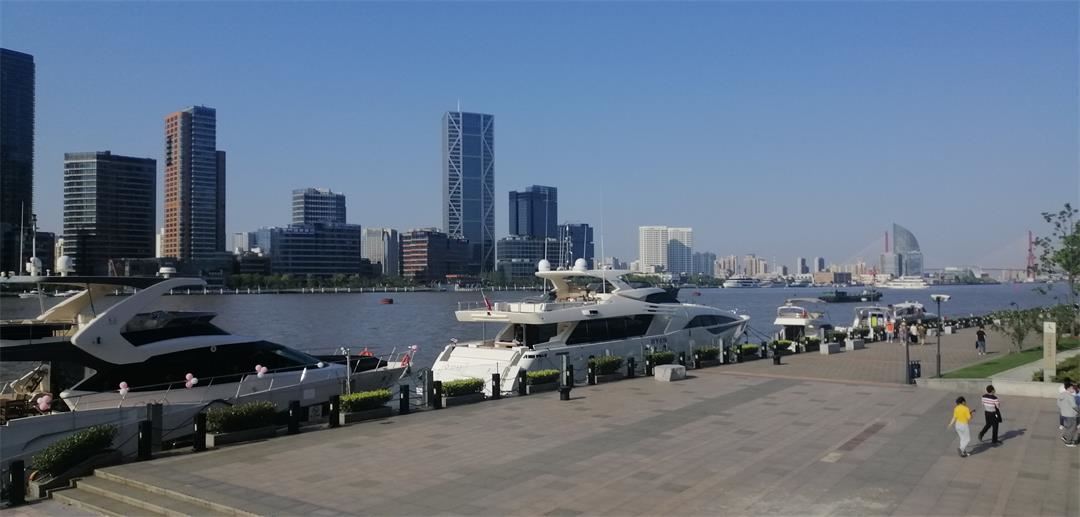
The East Bank Waterfront
The East Bank Waterfront is a popular pedestrian walkway with dedicated paths for walking, running and cycling, and much of the pathway is flanked by historic sites. The waterfront is an ideal spot for a leisurely stroll in any season whether it is spring, summer, autumn or winter.
呼应“艺术+日常+事件”主题,建筑师在设计伊始就采用“新旧景观共生”的策略,在保留原有产业遗存空间特质的前提下,置入新的活动空间。多种活动空间的叠加,使整体流线的规划组织可以适应日常及庆典两种不同活动的空间需求。在环保生态的前提之下,这里将成为未来上海黄浦江东岸最具特色的都市休闲型水岸空间。
At the very beginning, the architect utilized the strategy of “Historical landscape coexists with newborn landscape”, responding to the theme of “Art+Daily+Event”. The project reserves the original industrial remains, at the same time imbeds new activity spaces. Thus the flow meets the command of both daily and festival activities. In the context of ecology, the project will become one of the most distinctive entertaining
riverfront space of Huangpu River East Bund in the future.

船厂1862
是一座拥有150余年历史的造船厂变身为保留“工业建筑遗迹”的文化商业. 综合体船厂1862前身为始建于1862年的上海船厂,曾是中国现代工业文明的发源地之一,记录着中国造船业的发展史。自2005年船厂整体搬离,这片曾经的工业厂区开始转换为活力金融中心,其中船台原址和最靠近黄浦江的上海船厂造机车间作为历史遗迹留存下来,并进行改造逐渐以开放姿态服务公众。船厂1862的改造由世界建筑大师隈研吾亲自操刀,修旧如旧,形成一个26000平方米的时尚艺术商业空间,包含800座的中型艺术剧院——1862时尚艺术中心、约16000平方米的沉浸式艺术商业中心,集展览、演艺、发布会、高端餐饮、定制设计师品牌为一体,正成为上海“永不落幕的舞台、永不间断的展览、永不退潮的时尚”。
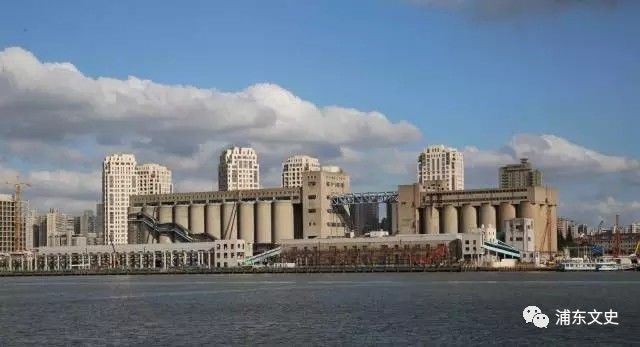
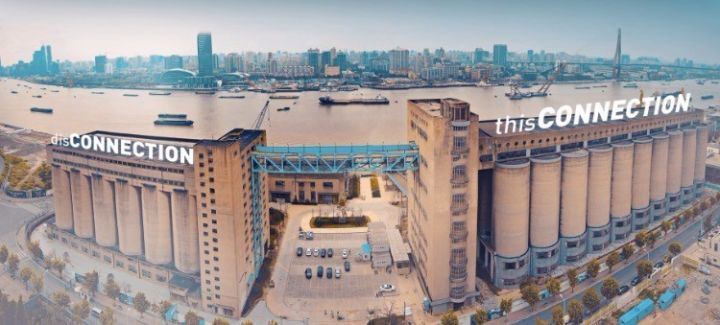
百年粮仓变身“东方百老汇”: 民生码头8万吨筒仓
民生码头原为上海港散粮、散糖装卸专业码头,旧称英商蓝烟囱码头,始建于1908年,是当年远东最大的码头之一。从安妮女王时代的精致优雅到工业时代的粗狂有力,百年建筑变迁史在民生码头展现得淋漓尽致。远远看去,30个大筒组合非常壮观,还保留着破败的窗户,工厂的铁门依旧粗犷。随着黄埔江岸线产业转型,工业革新,昔日亚洲最大粮仓,在一期改造、整体运营下,逐渐向公众展现出从物质粮食仓库到精神宝库的蜕变。隔江远眺,这一“庞然大物”显然与现今的上海建筑形式相差甚远,正是因为粗矿的气场,使得八万吨筒仓在黄浦江岸的建筑群中尤显独特。整个建筑由两座高大筒式建筑组成,容量分别为8万吨和4万吨,八万吨筒仓建造于1995年,4万吨筒仓建造于1975年,两座粮食筒仓彼此相连屹立在江边。2020年开始,民生码头区域启动整体性开发改造,构建一个以创意创新商务办公、创新交流品牌展示、文化艺术展演和商业休闲体验为核心功能的城市综合体,融合新理念、新要素、新业态、新功能,以历史为根、民生为本、创新为核、文化为翼,打造东岸滨水新地标。
Minsheng Wharf Waterfront Landscape: Old grain silo to become art and culture landmark
The 80,000-ton silo warehouse is the most powerful industrial heritage on Minsheng Wharf. Although having existed for only 22 years, it possesses great conservation value in its extinct architectural typology. Asia's once largest grain silo,the 48-meter-tall silo with total storage of 80,000 tons at Minsheng Wharf along Huangpu River.It was built by a British shipping company in the early part of last century and was once the largest in Asia. The 48-meter-tall silo, built by a British shipping company in the early part of last century, was once the largest in Asia and stored most of the city’s grain in its heyday. The British shipping company Blue Funnel Line purchased the wharf during the reign of Emperor Guangxu (1875-1908) of the Qing Dynasty (1644-1911). It built the silo and warehouses between 1907 and 1925, making the wharf the most advanced facility of its kind in the Far East. The wharf area become a commercial and cultural zone, featuring art exhibitions, hotels and other facilities in both historic and newly built structures.
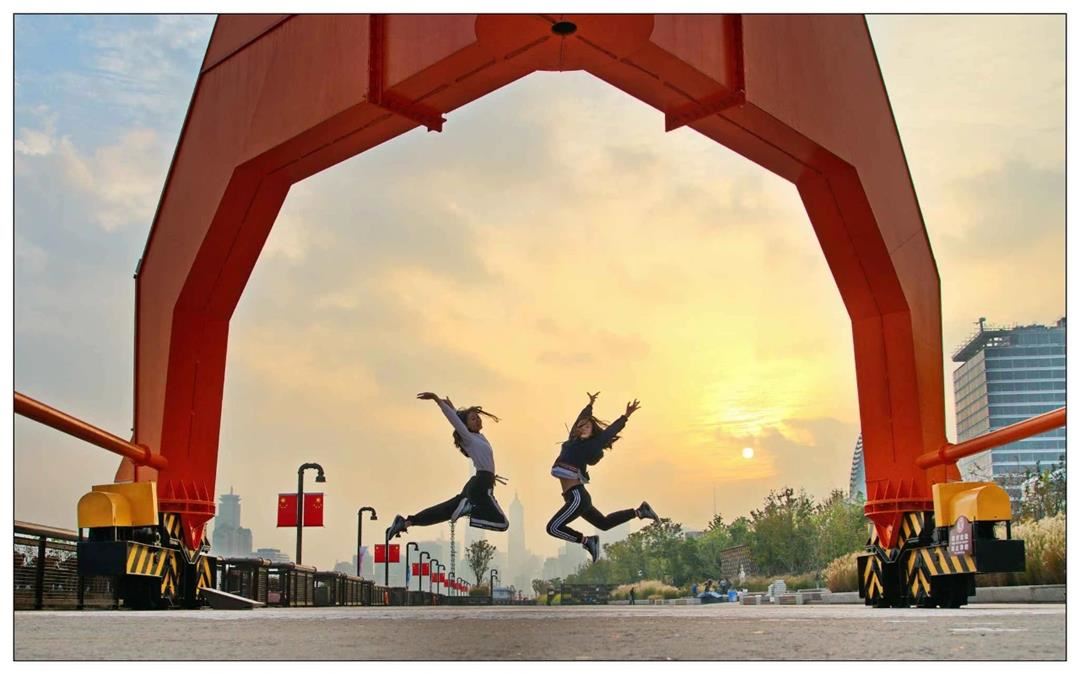
漫步杨浦滨江,感受百年工业沧桑,看“工业锈带”变成“生活秀带”
杨浦的老工业区逐渐转型。它将轮渡和码头之间的断点用人行天桥、步道连接,将这条5.5公里的工业遗存展览带串联了起来。在保护了历史建筑的同时,也让它们成为了城市的一部分.
The scenic Yangpu Waterfront sidewalks, which stretch 2.8 kilometers on the banks of the Huangpu River boasts beautiful, historical, century-old factories and warehouse buildings. After the creative transformation, the area turned into a place showcasing the development of industry over the past 100 years in Shanghai and China. Some of the iconic buildings were factories established by Li Hongzhang (1823-1901), who took a leading role in China’s Self-Strengthening Movement, which was a reform operation intended to make China a modern nation with a focus on military strength and industry. Visitors can take photos of the various building exterior styles, explore the interior’s conversion into museums and art galleries and experience the old stories behind the buildings.
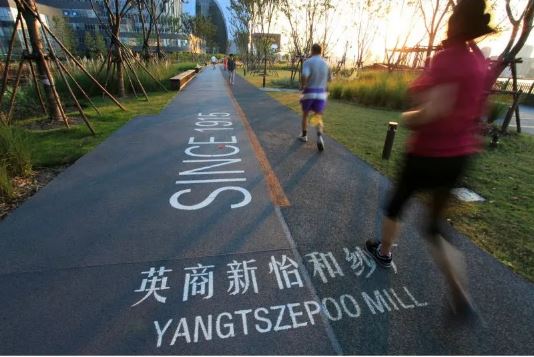
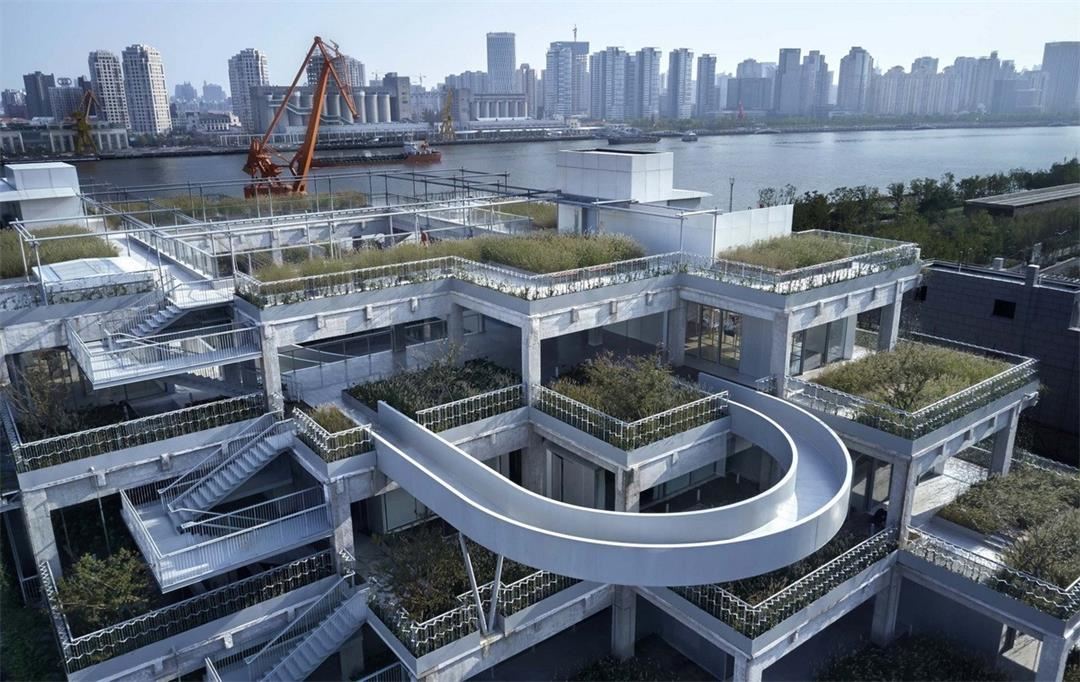
绿之丘-拆出来的钢铁森林
超大的露台、旋转回廊、顶楼芦苇荡步道和美丽的滨江江景……“绿之丘”一经问世就夺人眼球、令人震撼。
“绿之丘“是利用原烟草仓库改造而成,通过对城市脉络的敏锐洞悉,对各项技术可能性的严谨求证,提出了富有想象力的大胆设想,使得原本计划拆除的老建筑焕发生机。“绿之丘”位于杨浦滨江南段,由原烟草公司机修仓库改造而成。在城市功能更新与转型中,同济大学的建筑设计师团队,历经4年精心设计打磨,最终打造出了这座“空中花园”。如今它集城市公共交通、公园绿地、公共服务于一身,是被绿色植被覆盖、连通城市与江岸的建筑综合体,成为杨浦新晋打卡地标。
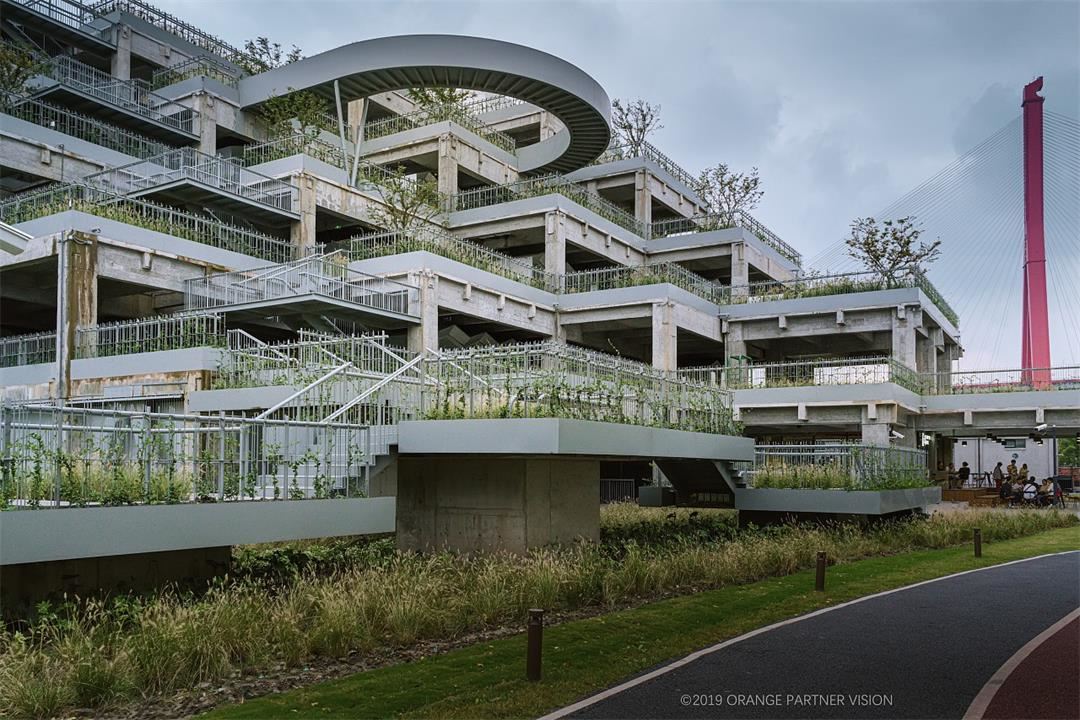 The Green Hill is believed to be the most popular place to take photos at Yangpu Riverside. As a former tobacco warehouse, the 60-meter-wide and 250-meter-long building used to be an obstacle on the riverside road. The architect removed the outer wall of the warehouse, creating layers of scattered platform extending to the Huangpu River. Reeds and dogtail grass were planted on each floor to fill the building with vitality. The best view is when you step onto the fifth floor semicircular skywalk - a panorama of the river unfolds before your eyes. It’s also a perfect spot to take photos of Yangpu Bridge. In addition to the building, the space inside is going to be designed into several art museums.
The Green Hill is believed to be the most popular place to take photos at Yangpu Riverside. As a former tobacco warehouse, the 60-meter-wide and 250-meter-long building used to be an obstacle on the riverside road. The architect removed the outer wall of the warehouse, creating layers of scattered platform extending to the Huangpu River. Reeds and dogtail grass were planted on each floor to fill the building with vitality. The best view is when you step onto the fifth floor semicircular skywalk - a panorama of the river unfolds before your eyes. It’s also a perfect spot to take photos of Yangpu Bridge. In addition to the building, the space inside is going to be designed into several art museums.
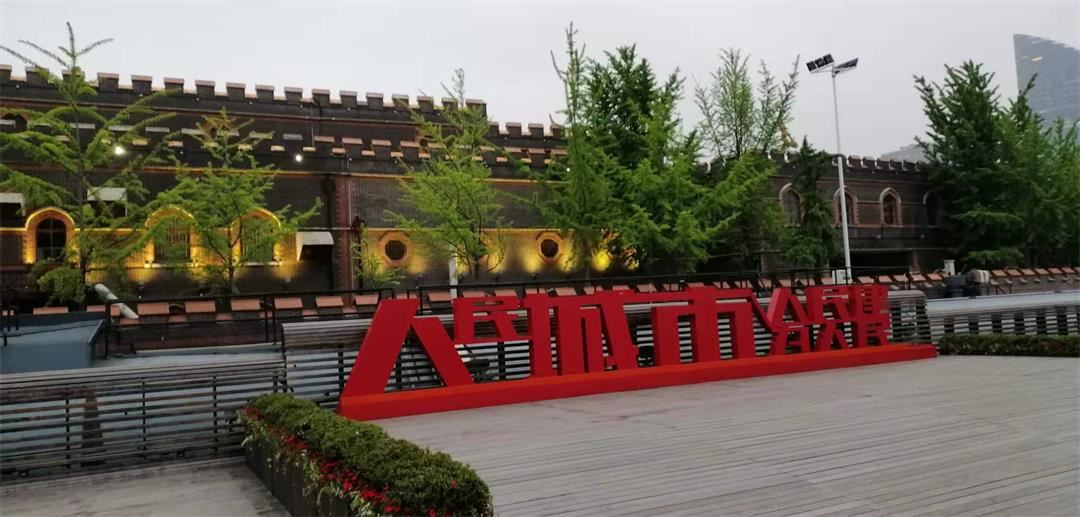
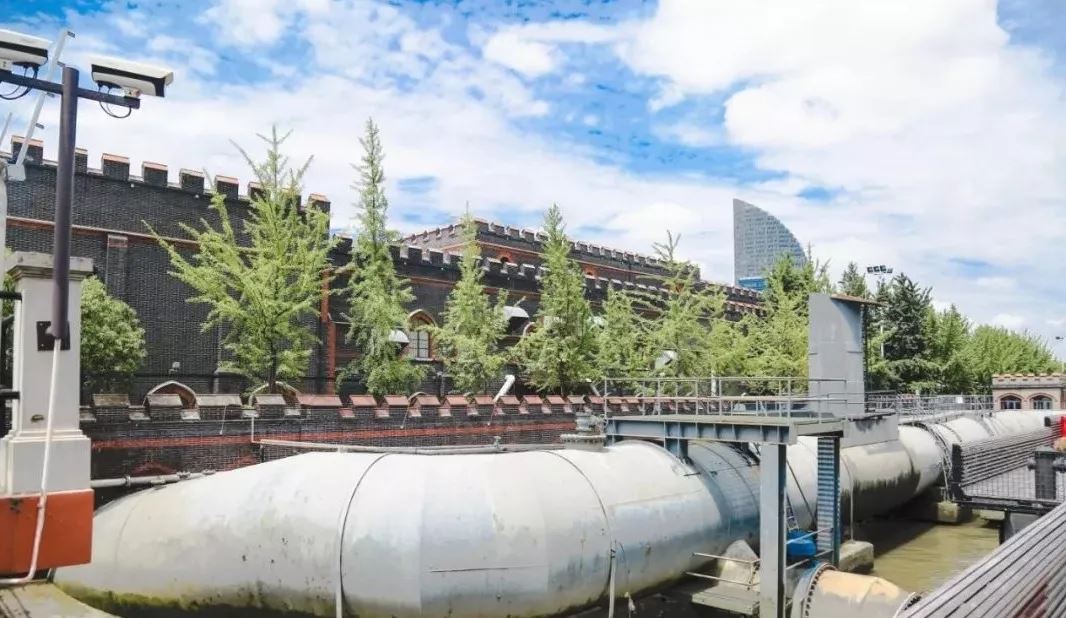
英国古城堡:杨树浦水厂
建筑的外形为英国传统城堡形式,承重墙用清水砖墙,嵌以红砖腰线,周围墙身压顶雉堞缺口,雉堞的压顶及窗框、腰线等均用水泥粉出凸线,墙面转折交界处为水泥隅石形状,如同一座中古时代的英国城堡。杨浦区水厂2013年被列入第七批全国重点文物保护单位。它的外形非常特别,比起工业厂房,红砖堆砌起的承重墙,外形巨大的水管,让它看起来更像是英国传统城堡。
On the way to the waterfront from Yangshupu Road, an English-style castle with a chimney is in the spotlight. It was Shanghai’s first waterworks established by Li Hongzhang in 1883. The building, constructed by British merchants with distinctive architectural features, is well-preserved and rarely seen in China. It is worth mentioning that the waterworks is still in use. It provides domestic and industrial water use for about two million Shanghai residents living in Yangpu, Hongkou and Putuo districts.
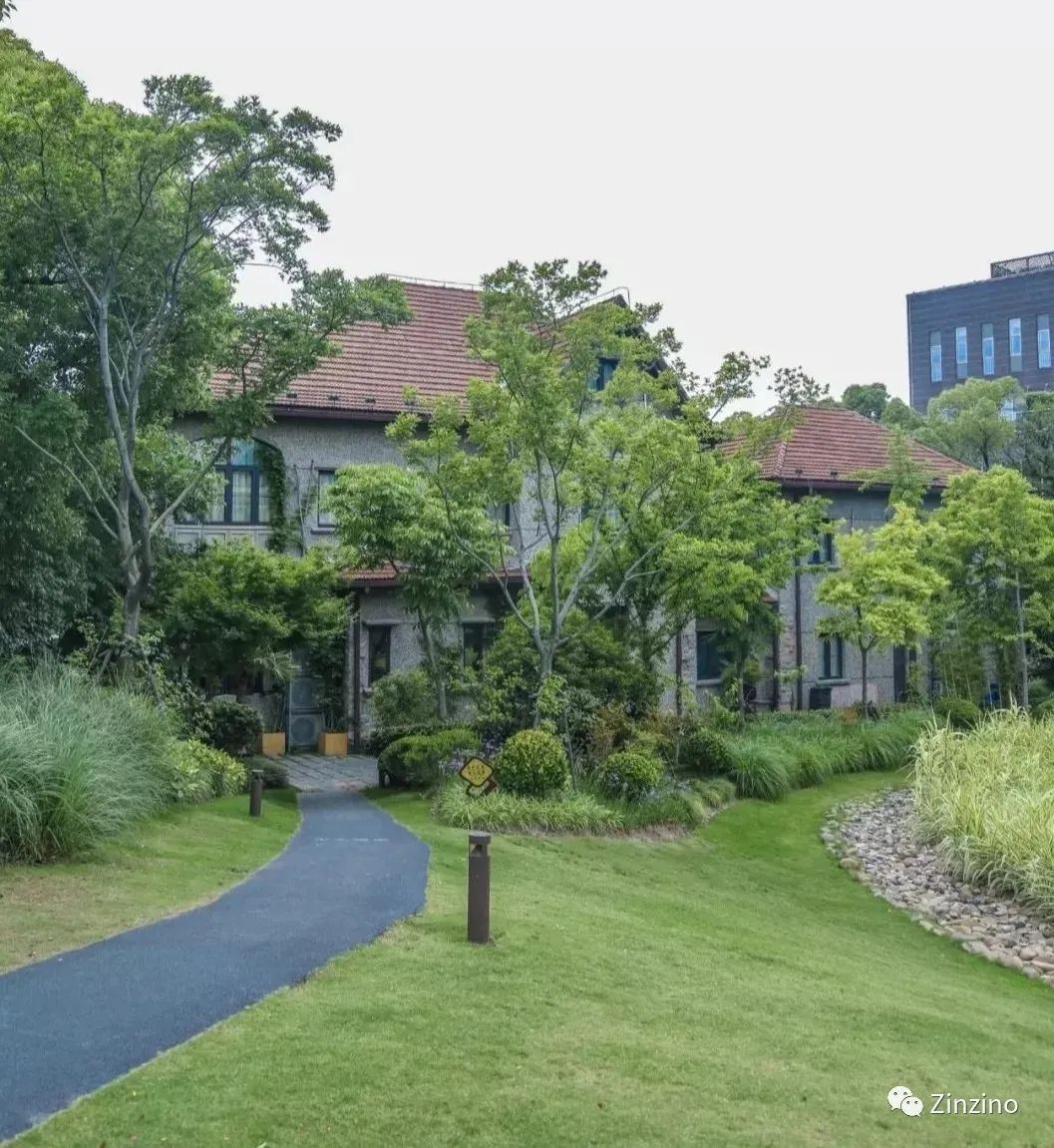
怡和1915咖啡:Jardine Cotton Mill Tai Pan's Villa coffee house
位于杨树浦路1056号。该建筑建于1915年,为当时英商杨树浦纱厂的大班住宅。房屋为假三层结构,卵石墙面。现为咖啡厅。室内保存了当时的彩色玻璃、壁炉、门窗和楼梯。建筑旁边是高颜值的雨水花园。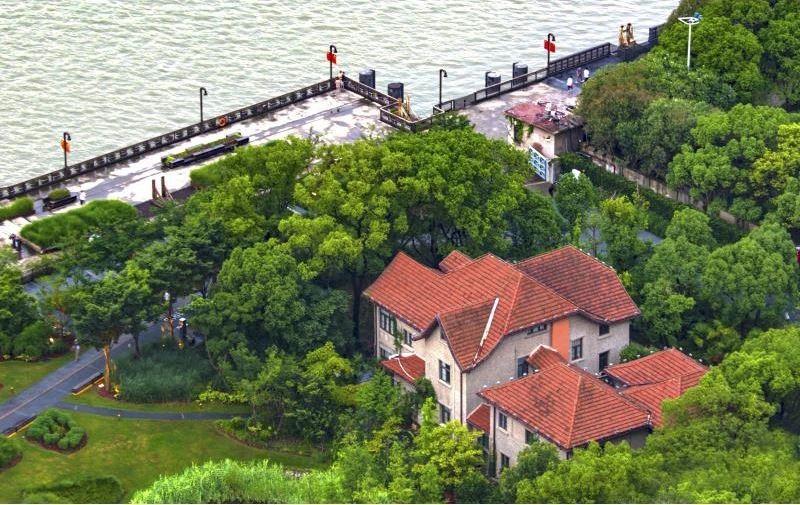
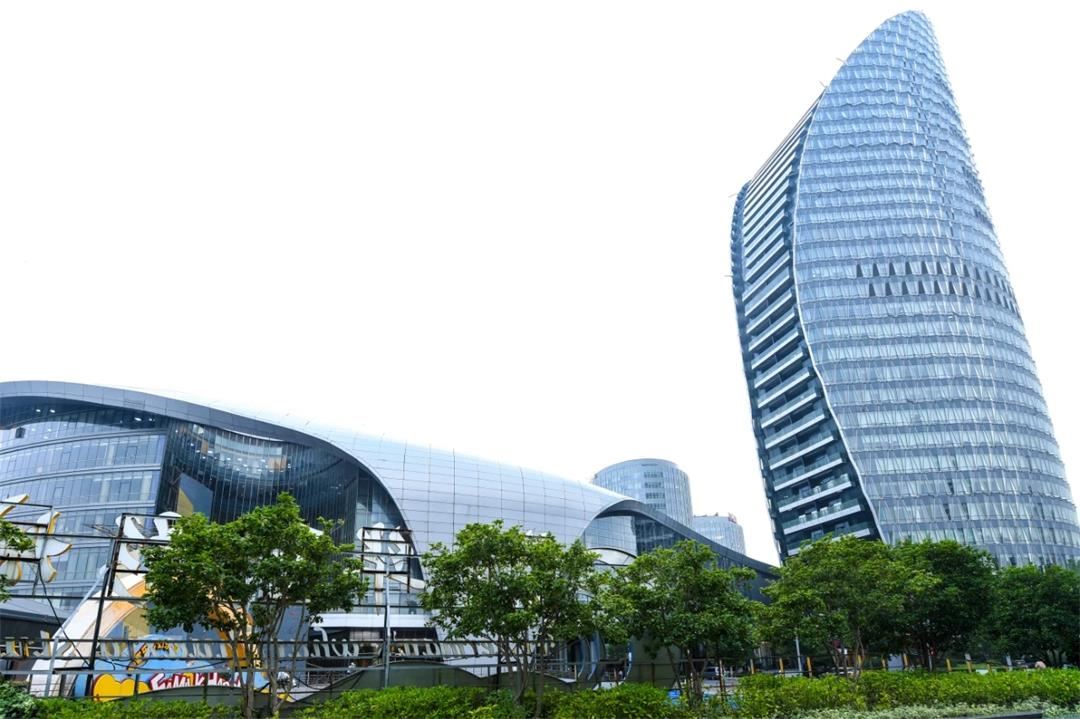
东方渔人码头
20世纪30年代初,杨浦滨江作为上海鱼市场,曾经是全国最大的水产品集散地。在保留主题框架的同时,这里也被打造成了汇聚餐饮、购物、娱乐等多功能的商业天地~2008年1月开工建设的东方渔人码头,标志着杨浦滨江综合开发正式启动。主体建筑以一座形似“卧鱼”的商业综合体和一座形似“跃鱼”的商业办公综合体两座地标式建筑组成,成为杨浦滨江一道新的亮丽风景。20世纪30年代初,杨浦滨江作为上海鱼市场,曾经是全国最大的水产品集散地。2008年1月开工建设的东方渔人码头,标志着杨浦滨江综合开发正式启动。
The former“China’s first fish market” has become a new landmark on the Huangpu River: the Eastern Fisherman’s Wharf and the waterfront’s performance area
has been opened to tourists
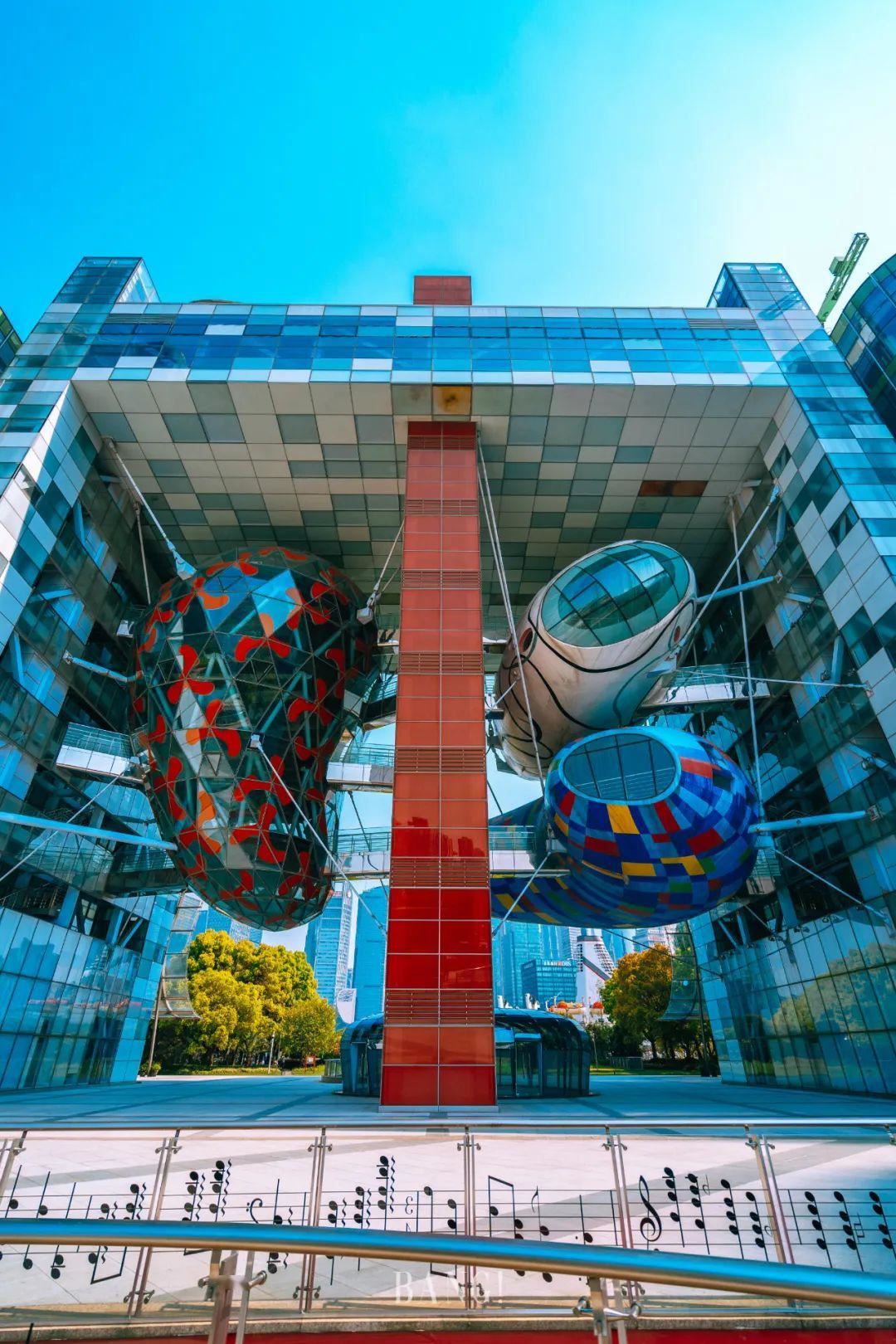
Gao Yang, which opened in conjunction with the 2010 Expo Fair in Shanghai, combines commercial and public spaces. The most notable part of the structure is the three organic volumes suspended in the air. One of the three volumes that hang in the air apart from each other is a restaurant four stories high. The other two are used as bars. All three volumes, covered with colorful facade elements, are accessed from a vertical circulation tower located in the middle of the structure. All three volumes were held in the air by hanging from certain points of the huge Bolshoi opened in the structure.
北外滩滨江有一处建筑
坐落于新建路的尽头
建筑上有三颗悬浮的球状装饰空间
很多人不知道是什么
只形象而亲切的称之为
“心肝肺”
这处建筑便是“音乐之门”
“音乐之门”,由英国建筑师 Will Alsop设计。其由钢结构屋顶桁架吊装于两端40余米高的核芯筒上,其间用钢构悬了三个不规则的球体建筑,蓝色、白色的两个形状如太空舱,全玻璃幕墙的那个如倒置的水滴。其设计理念为,悬浮于音乐之门中的三个建筑,就如三个音符,而建筑下面的铁制栏杆上,也全部饰以音符,正契合国际客运中心音乐广场的主题。“音乐之门”的设计饱含丰富想象,与上海这座城市所体现的延展性与流动性相得益彰。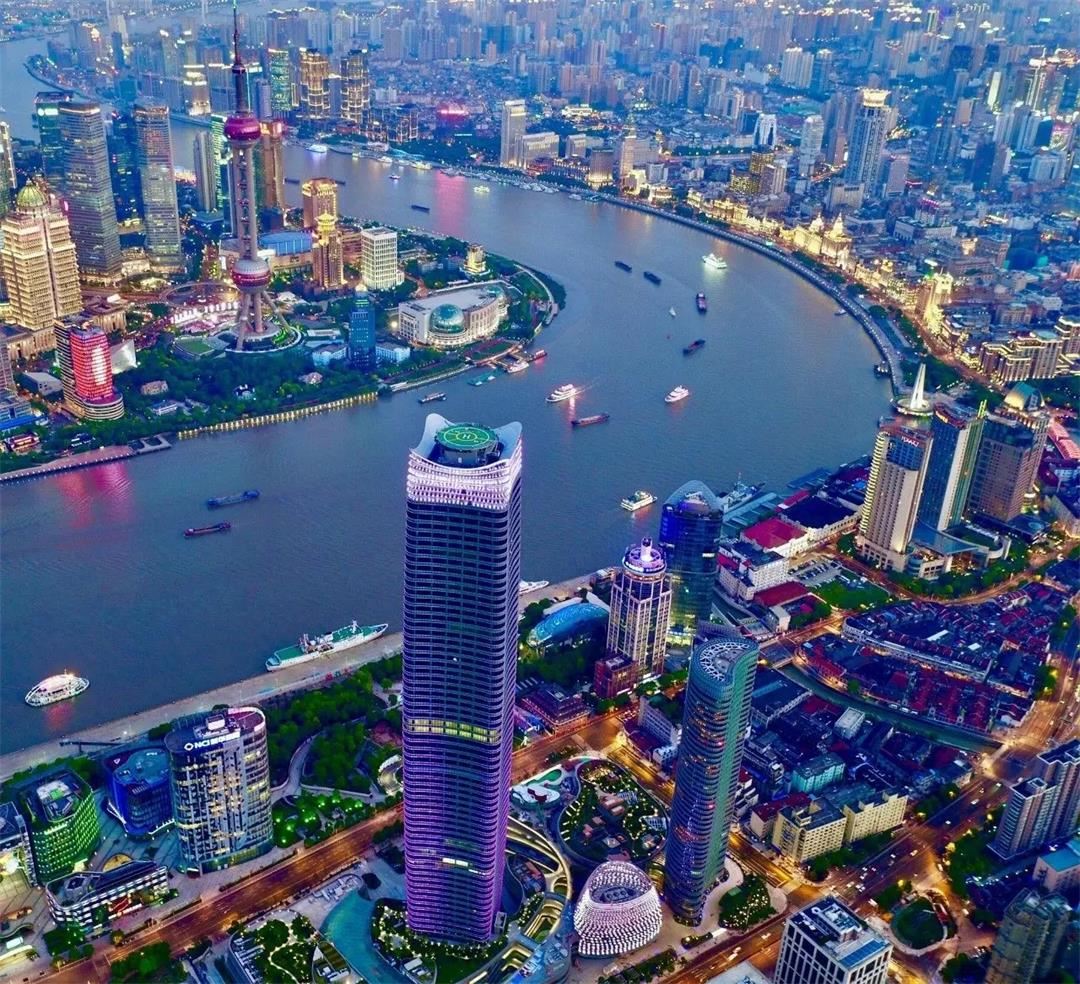
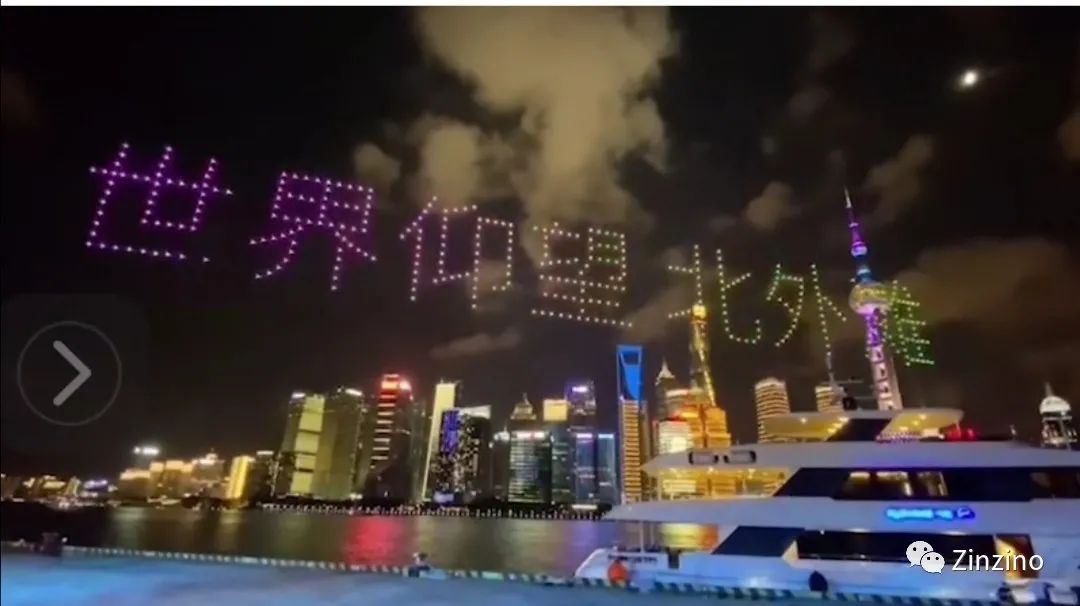
上海搭建“世界级会客厅”,北外滩C位出道
北外滩也是中国最早的航运枢纽,是是面向世界的启航之地。
与外滩、陆家嘴三位一体,组成“世界级会客厅”,是展示上海城市形象的核心窗口。眺望陆家嘴的绝佳位置,是浦西第一高楼白玉兰广场的顶楼停机坪,在那里能同时将高耸入云的陆家嘴摩天大楼与外滩万国建筑群收入眼,将把总规模约840万平方米的北外滩区域打造成为未来“世界会客厅”。
一滴水码头 Waterdrop Pier
一滴水,是国际客运中心的代称。整个建筑造型呈水滴状,配装全玻璃幕墙,看起来好似一滴水“悬”在黄浦江畔。
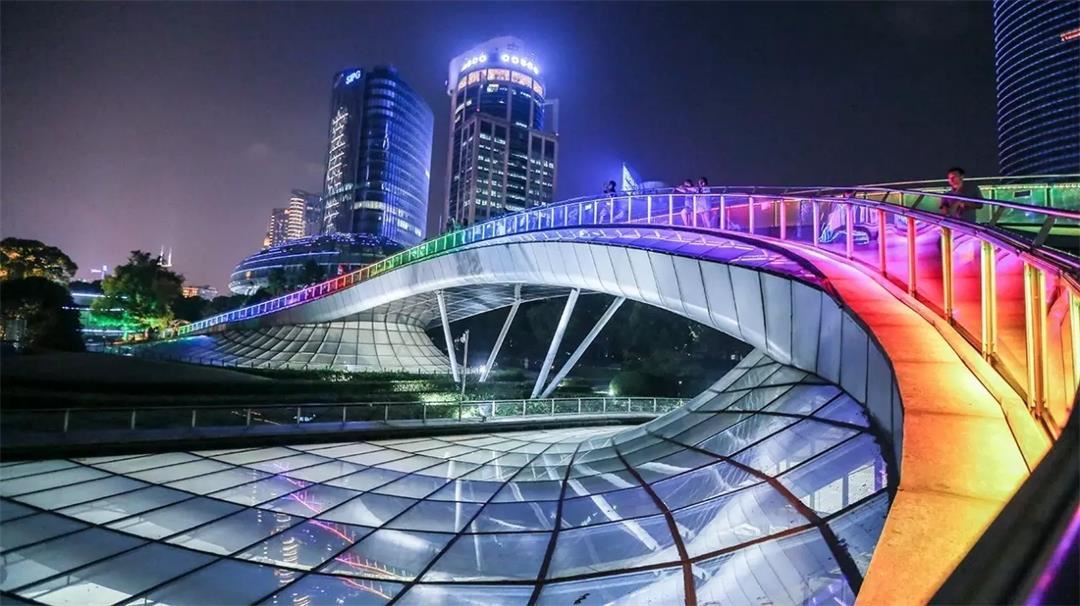
彩虹桥 Rainbow bridge
每当夜幕降临,桥身就开始不断变化各色灯光,描绘出一道亮丽的彩虹。晚上经过,流光溢彩,简直美cry了!
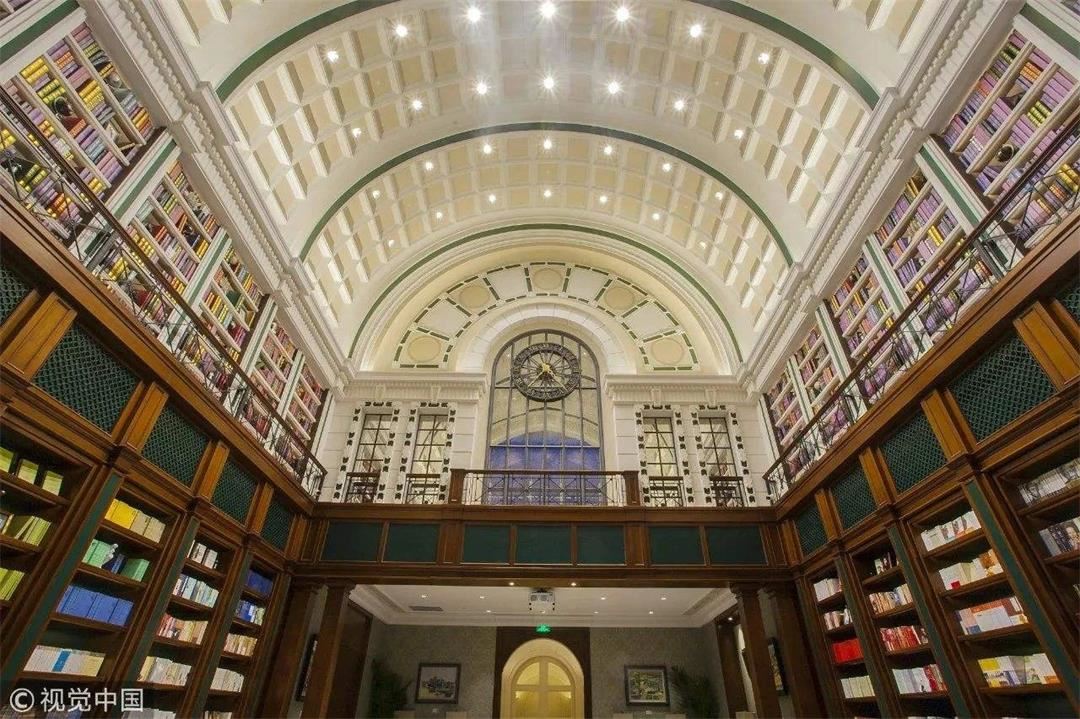
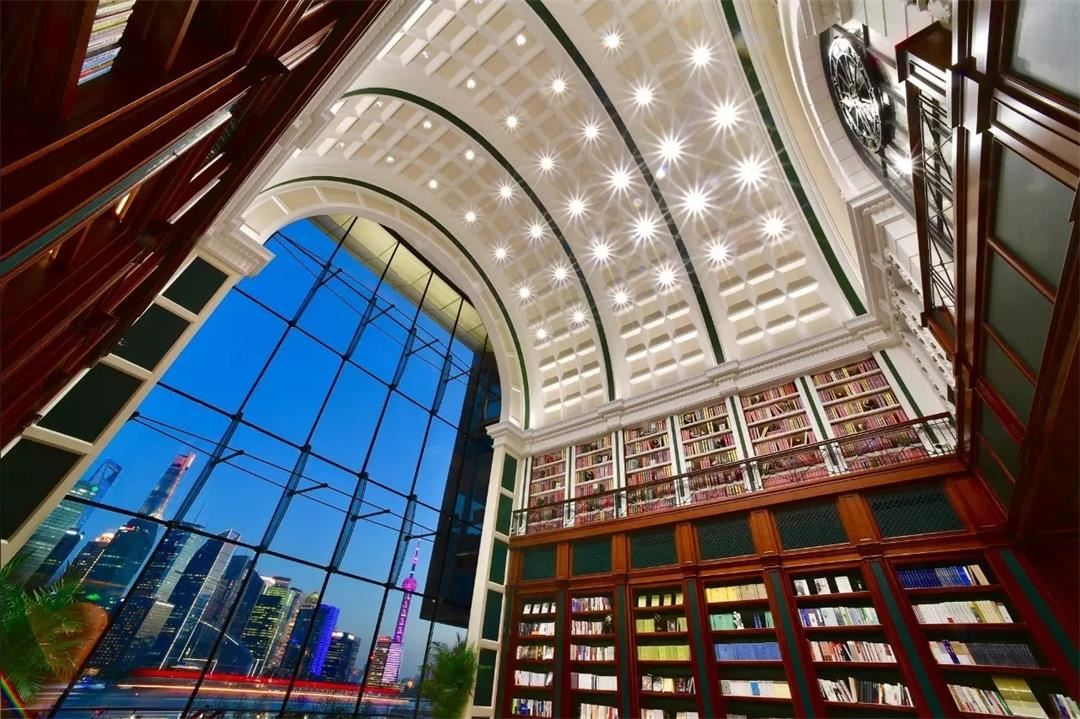 建投书局
建投书局
北外滩的网红书店,让你深深爱上建投书局的可能不只是书海,还有他们家精致的环境和放眼望去的美景。
The Huangpu River is the beating heart of Shanghai, and the Bund waterfront that runs alongside its edge is one of the city’s most popular destinations for locals and visitors. The so-called ‘North Bund' in the Hongkou district plays an important role in Shanghai's urban development. The area is located north of the historic Bund and adjacent to the Pudong peninsula. As a third developmental focus along the Huangpu River, the area, with its significant service and public facilities, will complement both prominent urban districts.The North Bund area within Hongkou District is one of the city’s key historical precincts and is currently being revitalised into a lifestyle hub, with over seven million square metres of office buildings, restaurants and shopping malls under construction or recently completed. And at the same time, a larger vision by the Shanghai Municipal Committee and Government is underway to open up public access to many parts of both sides of the river waterfront and create connections through all of its districts and unify the various renewal efforts.
Disclaimer:
Each person who participates accepts responsibility for making their own determinations and for their own safety, conduct and well being; recognizes that
possible attend outdoor activities and agrees to participate solely at their own risk. The organizer of this city walk shall not be held liable for any inconvenience,
accidents, rescues, injuries etc.
免责声明:
本活动本着非盈利、自愿参与的原则,参加活动者视为具有完全民事行为能力的人(18岁以上公民),并且保证自己身体情况允许参加此项活动。对于因自己身体健康和精神原因造成的运动损伤和其他情况完全负责,活动主办方不承担任何责任。 请评估自身的身体状况,有心脏病、癫痫或其他疾病史等小伙伴请不要报名本次活动。 请大家遵守时间,不要迟到。
报名成功后请扫描添加下方领队微信,以获取最新行程安排:

Event Tags
Recently Participation
-
????????sunshine????Like
(3年前)
-
李晖Register
(3年前)
-
杨=ω=树Register
(3年前)
-
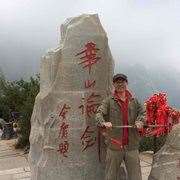 龚飞Register
龚飞Register(3年前)
-
 写作人Register
写作人Register(3年前)
-
MarkRegister
(3年前)






 遇见城市部落CW
遇见城市部落CW



